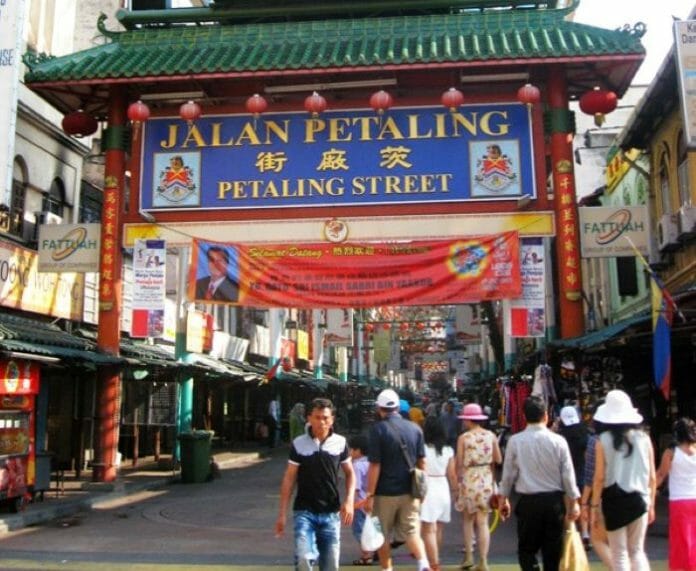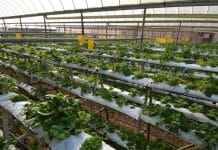The entry of counterfeit goods from abroad, without any brand attached, makes it difficult for the authorities to fully crack down on the sale of such goods.
Director of the Kuala Lumpur branch of the Domestic Trade and Cost of Living Ministry (KPDN) Ariffin Samsudin said it was hard to confiscate the goods at entry level because the government does not prohibit the import of clothing or textiles from abroad as long as they do not violate any rules such as the incorrect use of trademarks.
“For example, fake clothing brought in from Bangladesh. Most of them are without any brand, and after passing the authorities’ inspection either at the port or airport, only then will the syndicate attach fake brands with the labels printed in the country.
“So, when brought in, it is not an offence because no company brand is affixed to the items. Because what is patented and registered at the Intellectual Property Corporation of Malaysia (MyIPO) is the brand only,” he said..
Elaborating, Ariffin said the ministry also faces difficulties in the fight against counterfeits when in some cases, they did not get full cooperation from representatives of the trademark owner when raiding a location.
The presence of trademark representatives in every operation or raid on stores or premises that have counterfeit goods is imperative because they are the ones who can make verification.
“We received many reports and complaints from members of the public saying that counterfeit goods were being sold at certain locations. And according to the procedure, we need to contact the trademark representatives to participate in the operation.
“For example, a recent raid on Jalan Petaling involved more than 30 trademark representatives. However, some of them were not present, so we cannot seize the goods even though it is known that they are counterfeit,” he said.
According to Ariffin, the biggest challenge was educating the public to respect trademarks, thereby erasing the mentality of buying fake goods to fulfil the desire to be fashionable.
He said consumers might feel like they already ‘own’ a branded product, but the fact is that they are destroying the very institution that has created the brand and ultimately impacting the national economy.
“Especially during the festive season… there is indeed a high demand for fake goods across the country. It is also known that during this time, there will be a massive restock for distribution, including online sales,” Ariffin said.
He added there are three hotspot locations for the storage and sale of counterfeit goods in the Federal capital that have been identified, namely Jalan Petaling, Jalan Chow Kit and Jalan Kenanga.
The result of intelligence work showed that most syndicates were not interested in moving elsewhere since the locations have become well-known hubs for obtaining fake goods among local buyers and foreign tourists.“So, that is our main target, and of course, KPDN will use all its efforts to combat this activity. Nevertheless, consumers need to be aware not to use counterfeit goods even if they are cheap. Spend within our means,” Ariffin said.









